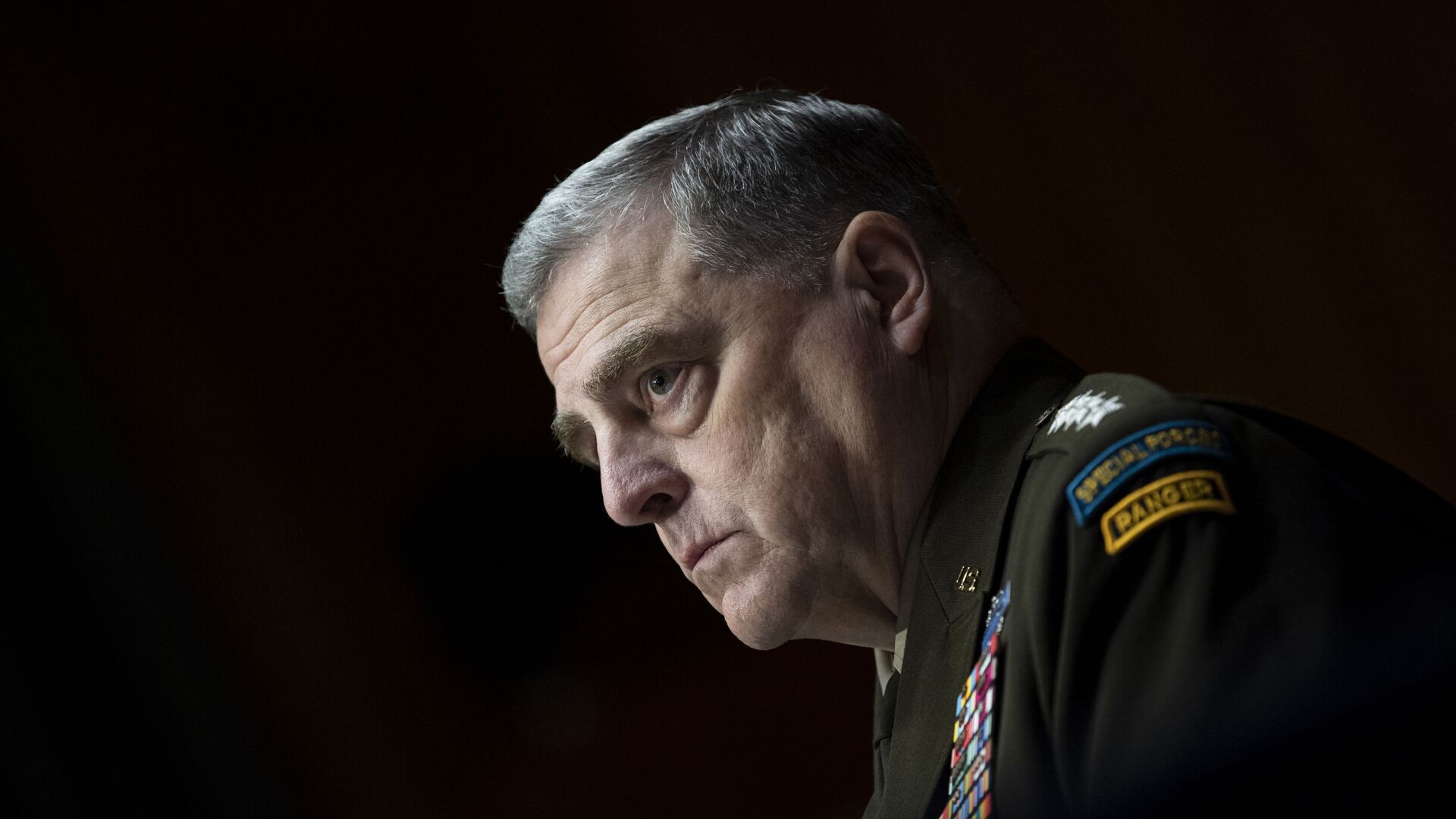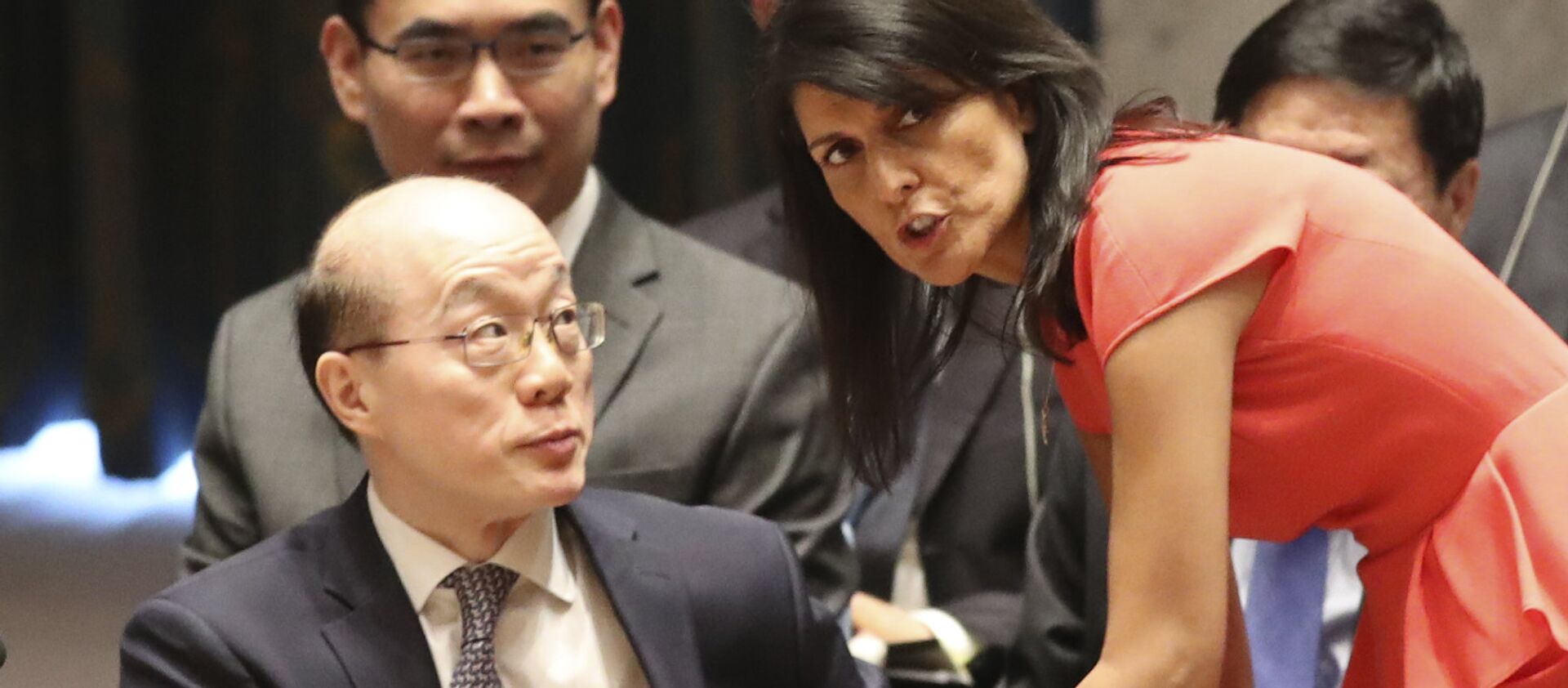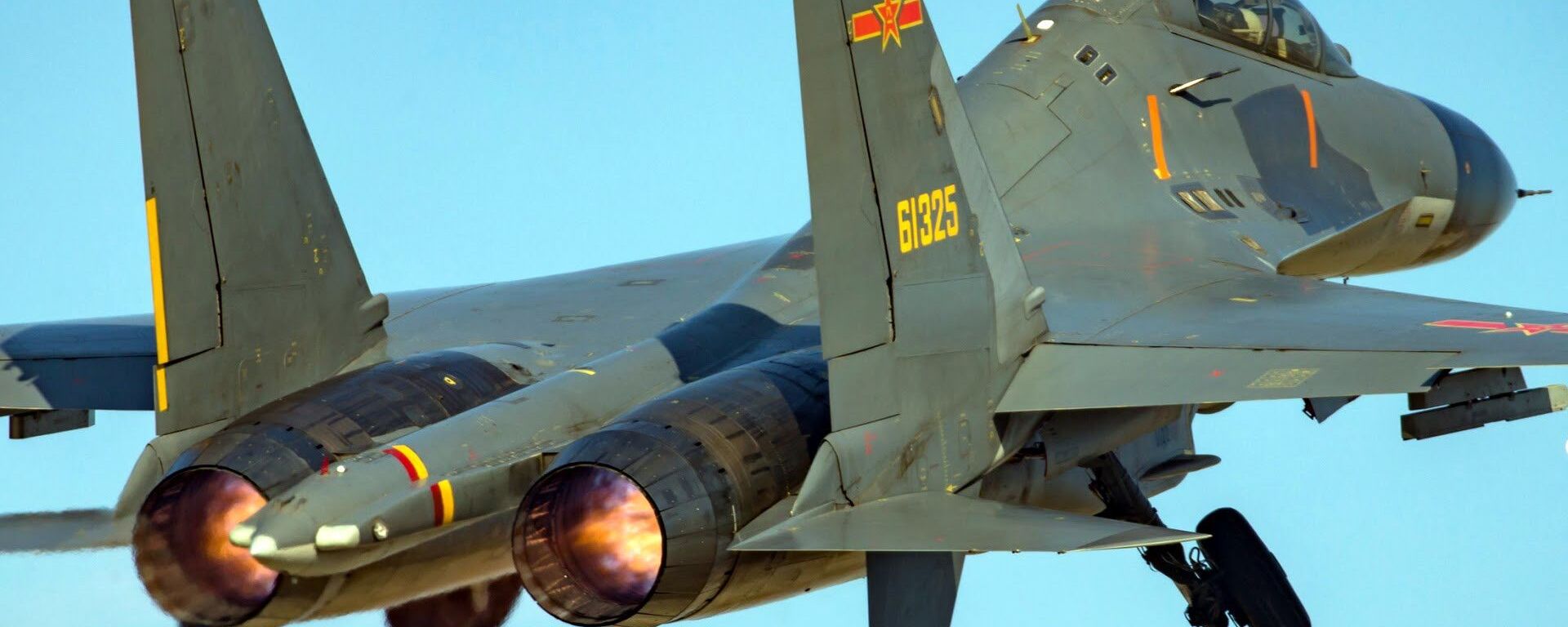Joint Chiefs of Staff Chairman Gen. Mark Milley has poured cold water on his colleagues’ concerns about the People’s Republic of China’s alleged desire and planning to stage an invasion of Taiwan sometime in the near future.
“I think China has a ways to go to develop the actual, no-kidding capability to conduct military operations to seize, through military means, the entire island of Taiwan, if they wanted to do that,” Milley said, speaking at a Senate hearing for the fiscal year 2022 defence budget request on Thursday.
The top general went on to dismiss the very notion that Beijing has drawn up invasion plans. “There’s no reason to do it militarily, and they know that. So, I think the probability is probably low, in the immediate, near-term future,” he said.
Milley went on to suggest that an increase in military-to-military interaction between the US and Chinese militaries was needed, saying that doing so would help deescalate tensions in times of crisis, allow the two sides to “understand each other better,” and potentially stop a great power conflict.
“I routinely call my counterpart, but we are not doing it at echelon, and we need to improve the speed at which we can communicate, so it’s push to talk. I can pick a phone up, or the secretary can pick a phone up. We’re working through that, we want to improve those systems,” he said.
Milley defended the US’ gargantuan military spending, saying America needs to stick to the principle of “overmatch” against China.
The general’s comments on Taiwan stand in stark contrast to the recent assessments of Navy admirals Philip Davidson and John Aquilino, who told lawmakers this spring that there is an "imminent" threat of an invasion of the island.
Beijing dismissed the "invasion" claims, suggesting that the US was using the alleged threat as a “pretext to increase its military spending, expand its forces and interfere in regional affairs.”
Taiwan severed ties with the mainland at the end of the Chinese Civil War in 1949, after Nationalist forces were defeated by Mao Zedong’s communists and fled to the island. Economic ties and informal relations between the two sides were resumed beginning in the late 1980s, and in the 1990s, Beijing and Taipei formed contacts through non-governmental organisations.
Beijing considers Taiwan to be an integral part of China, and publicly, its diplomatic, economic and military strategy revolves around the idea of the eventual peaceful reunification of the island with the mainland. At the same time, Chinese officials have repeatedly slammed Taiwan’s “separatist” politicians and their US backers.






